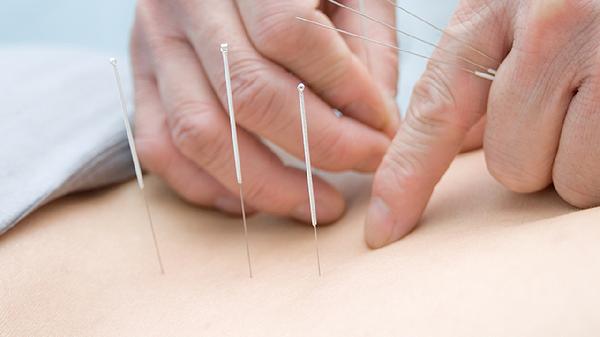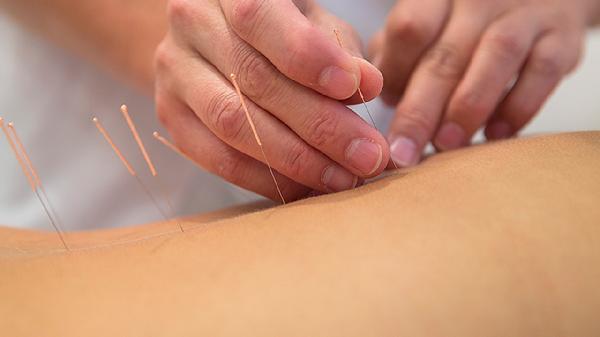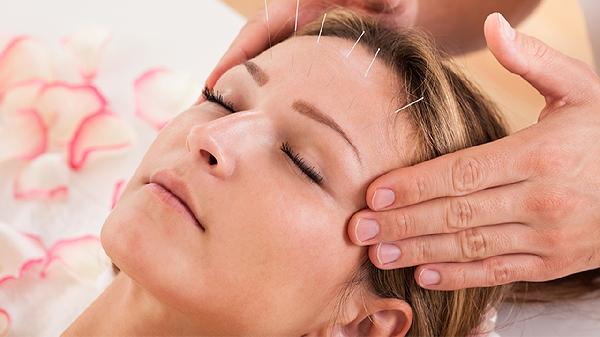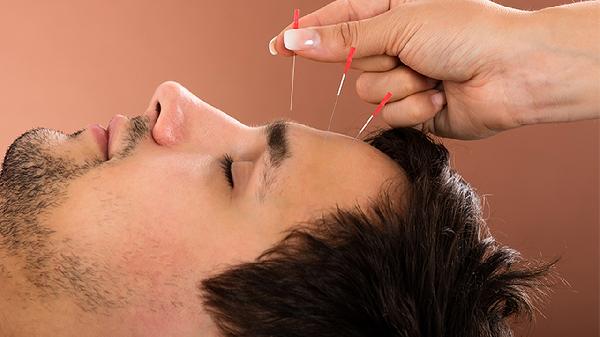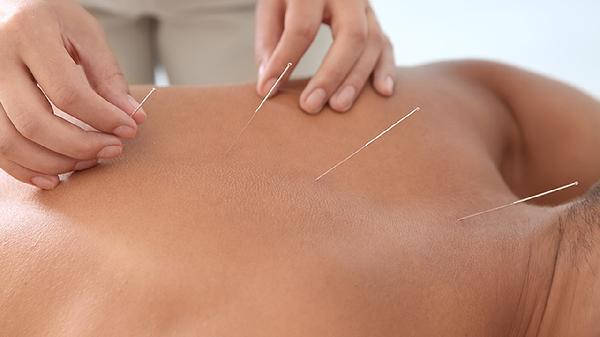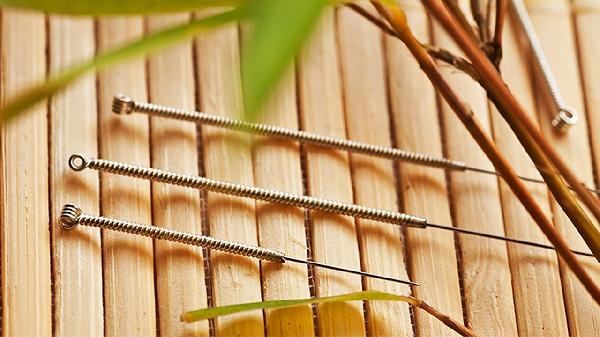Yes, acupuncture can help with anxiety by promoting relaxation, balancing the body’s energy, and reducing stress hormones. This ancient Chinese practice involves inserting thin needles into specific points on the body to stimulate the nervous system and release natural chemicals that improve mood and calm the mind. While individual results may vary, research and anecdotal evidence suggest that acupuncture can be an effective complementary therapy for managing anxiety symptoms.

How Acupuncture Works for Anxiety
Acupuncture is rooted in Traditional Chinese Medicine (TCM), which views anxiety as an imbalance in the body’s energy flow, or Qi. By targeting specific acupuncture points, practitioners aim to restore this balance and enhance the body’s natural healing processes. Modern science explains that acupuncture stimulates the release of endorphins, serotonin, and other neurotransmitters that regulate mood and reduce stress. Additionally, it activates the parasympathetic nervous system, which promotes relaxation and counters the fight-or-flight response often triggered by anxiety.
Scientific Evidence Supporting Acupuncture for Anxiety
Numerous studies have explored the effectiveness of acupuncture in treating anxiety. Research published in the Journal of Acupuncture and Meridian Studies found that acupuncture significantly reduced anxiety levels in participants compared to control groups. Another study in the Journal of Endocrinology showed that acupuncture lowers cortisol levels, a hormone associated with stress. While more large-scale studies are needed, the existing evidence suggests that acupuncture can be a valuable tool for anxiety management.
Benefits of Acupuncture for Anxiety
Acupuncture offers several benefits for individuals struggling with anxiety. It provides a non-invasive, drug-free approach to managing symptoms, making it an attractive option for those who prefer natural treatments. Many people report feeling calmer and more centered after sessions, with improvements in sleep quality and overall well-being. Acupuncture can also complement other therapies, such as counseling or medication, enhancing their effectiveness.
What to Expect During an Acupuncture Session
During an acupuncture session, a licensed practitioner will assess your symptoms and medical history to determine the best treatment plan. You will lie comfortably while the practitioner inserts thin, sterile needles into specific points on your body. The process is generally painless, with most people experiencing a mild tingling or warmth. Sessions typically last 30 to 60 minutes, and many individuals feel relaxed or even fall asleep during the treatment. Regular sessions are often recommended for optimal results.
Tips for Maximizing the Benefits of Acupuncture
To get the most out of acupuncture for anxiety, it’s important to approach it with an open mind and commitment to the process. Choose a licensed and experienced practitioner who specializes in treating anxiety. Consistency is key, so attend sessions as recommended by your practitioner. Pair acupuncture with other healthy habits, such as mindfulness meditation, regular exercise, and a balanced diet, to support your mental health.
Potential Side Effects and Considerations
Acupuncture is generally safe when performed by a trained professional, but it’s important to be aware of potential side effects. Some people may experience mild bruising, soreness, or dizziness after a session. Rarely, improper needle placement can lead to more serious complications. Always inform your practitioner of any medical conditions or medications you are taking to ensure a safe and effective treatment.
Combining Acupuncture with Other Therapies
While acupuncture can be effective on its own, combining it with other therapies can enhance its benefits. Cognitive-behavioral therapy (CBT), mindfulness practices, and medication are commonly used alongside acupuncture to address anxiety from multiple angles. Discuss your treatment options with a healthcare provider to create a comprehensive plan tailored to your needs.
How Long Does It Take to See Results?
The timeline for experiencing results from acupuncture varies depending on the individual and the severity of their anxiety. Some people notice improvements after just one or two sessions, while others may require several weeks of regular treatment. Patience and consistency are essential, as acupuncture works gradually to restore balance and promote long-term well-being.
Conclusion
Acupuncture offers a holistic and natural approach to managing anxiety, providing relief for many individuals. By stimulating the body’s natural healing processes and promoting relaxation, it can be a valuable addition to your mental health toolkit. If you’re considering acupuncture, consult a licensed practitioner to discuss your goals and develop a personalized treatment plan. Remember, managing anxiety is a journey, and combining acupuncture with other healthy practices can help you achieve a calmer, more balanced life.
